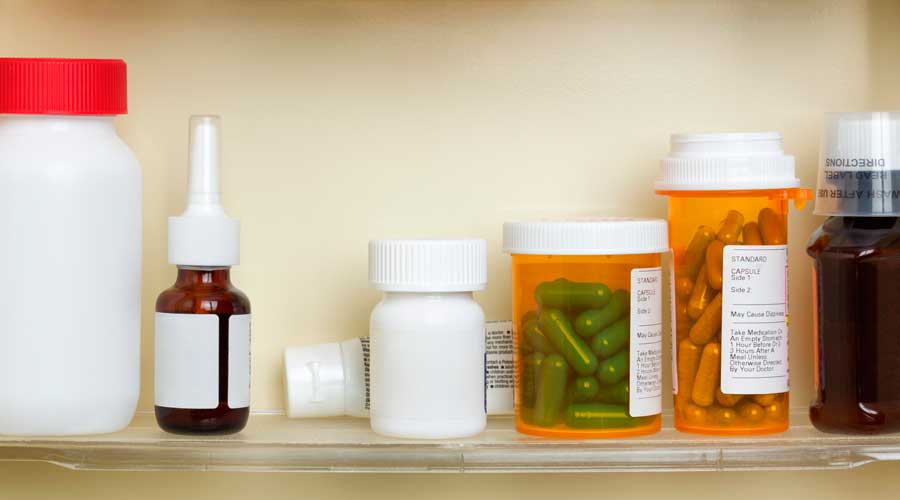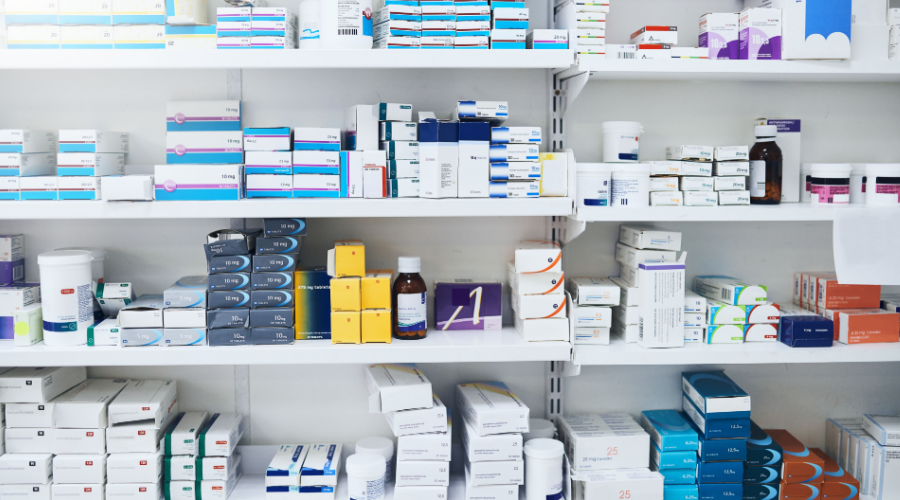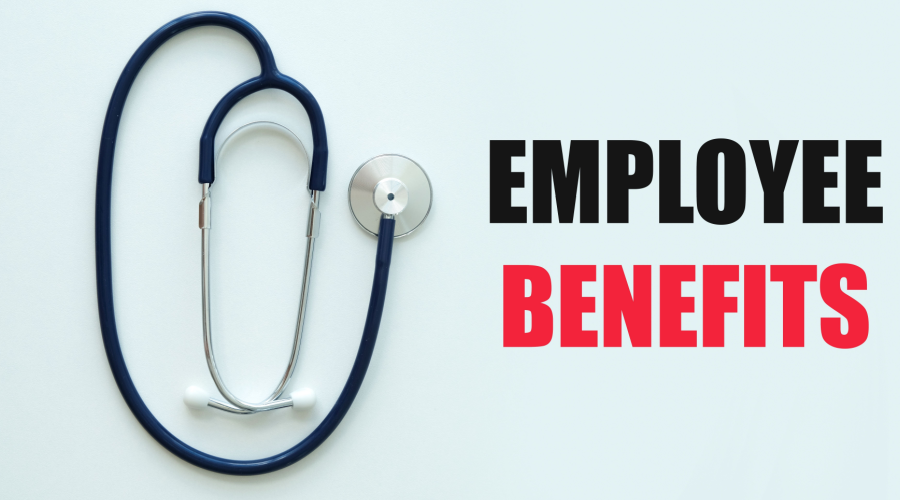Emergencies happen when you least expect them.
Whether a natural disaster devastates an area or a man-made event creates disruptions, emergencies can cut patients’ access to their needed medications. Or, these events can damage patients’ medications so they can’t take them.
When patients can’t take their medications, their health—and sometimes their lives—are in danger.
In the wake of recent national emergencies like Hurricane Irma and Hurricane Harvey, disaster preparation is like on your patients’ minds.
Your independent community pharmacy can help patients by encouraging them to prepare their medications for emergencies.
Here are the best tips to help patients prep their medications in case of an emergency.
7 Tips to Help Your Patients Prepare Medications for an Emergency
1. Create an action list to hand out to patients
Provide your patients with a bulleted list of action items to prepare their medications for an emergency.
Leave a stack of the lists on your pharmacy counter for patients to grab. Also, stuff them in all prescription bags.
Make sure to walk through the list with them and answer any of their questions.
What to include on the action list:
- Keep an up-to-date list of medications, including dose and indicated use
- Know how much medication you have on hand
- Obtain early refills if you anticipate disrupted access to your pharmacy
- Place medication bottles or packages in water-tight containers (such as plastic containers with lids) in case of flooding or other water damage
- Have ice available for medications that need refrigeration
- Create an emergency plan
2. Explain how to handle damaged medications
Drugs are often damaged during emergency events.
Extreme temperatures and contaminated water can make drugs unsafe to use.
Help your patients understand what medications are safe to use after an emergency event. Here’s a quick guide.
Drugs exposed to excessive heat
High temperatures reduce the effectiveness of some drugs, such as insulin. Extreme heat can even render some drugs completely ineffective. Patients should replace any drugs that have been exposed to excessive heat.
Drugs exposed to unsafe water
Flood water or unsafe municipal water can contaminate drugs and cause serious health effects.
Patients should discard any drugs that have come into contact with flood or contaminated water, even if they’re still in original containers with screw-top caps, snap lids or droppers.
If the drug is needed to treat a life-threatening condition, patients should inspect the drug. If it appears unchanged, patients can use the drug until a replacement is available. Discard the drug if it appears compromised. For example, if the pills are wet.
Discard the drug if it appears compromised. For example, if the pills are wet.
Drugs that need to be made into a liquid
Some drugs have to be made into a liquid before consumption. For those drugs, patients should use only purified or bottled water.
Drugs that need refrigeration
During a power outage, refrigerated drugs risk becoming unsafe. Patients should replace all temperature-sensitive drugs as soon as possible. If drugs go without refrigeration for an extended amount of time, patients need to throw them away. If the drug is necessary to sustain life, like insulin, patients can use it but need to replace it as soon as possible.
(Watch this video from the U.S. Food and Drug Administration for more tips to help patients prepare medications for an emergency.)
3. Tell patients to create a medication list
Encourage patients to keep an updated list of all medications with them.
Or, better yet, make one for them. Waterproof the list for patients by laminating it.
What to include on the medication list:
- Names of medications
- Dosages
- Doctors’ phone numbers
- Pharmacy phone number
4. Encourage patients to keep medications together
Tell patients to always keep their medications in their original containers with their original labels. In case of an emergency, patients should place all medications in a waterproof container.
5. Ask patients if they have a plan for medications with special requirements
If a patient’s medication requires refrigeration or electronic equipment, ask if she has a backup plan for keeping the medication safe.
Questions to ask patients about medications with special requirements:
Questions to ask patients about medications with special requirements:
- Do you have a generator?
- Will you have ice on hand to keep the medication cold?
- Do you have plenty of watertight containers?
6. Encourage patients to request early refills
If an event like a hurricane means patients may have limited pharmacy access, encourage patients to refill their prescriptions early if possible.
And, check with patients’ insurance to see if you can provide a 90-day supply.
7. Create emergency kits for patients
Stock and sell emergency health kits in your pharmacy’s front end. That way patients can easily prepare for an emergency.Items to include in an emergency kit:
Items to include in an emergency kit:
- Antacids
- Batteries
- Bottled water
- Cold medications
- Face masks
- First aid kit
- Pain relievers
Your pharmacy also needs to prep for emergencies. Check out these emergency planning tips for pharmacies and this guide to prepare your pharmacy for a natural disaster.
Want more pharmacy business tips and advice? Sign up for our e-newsletter.











